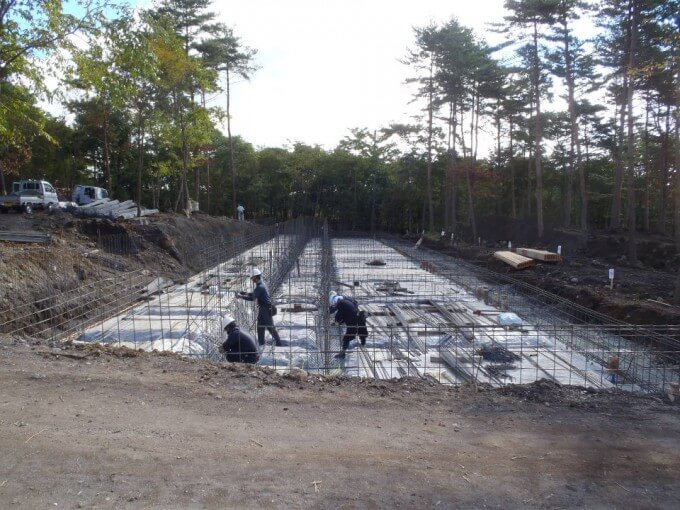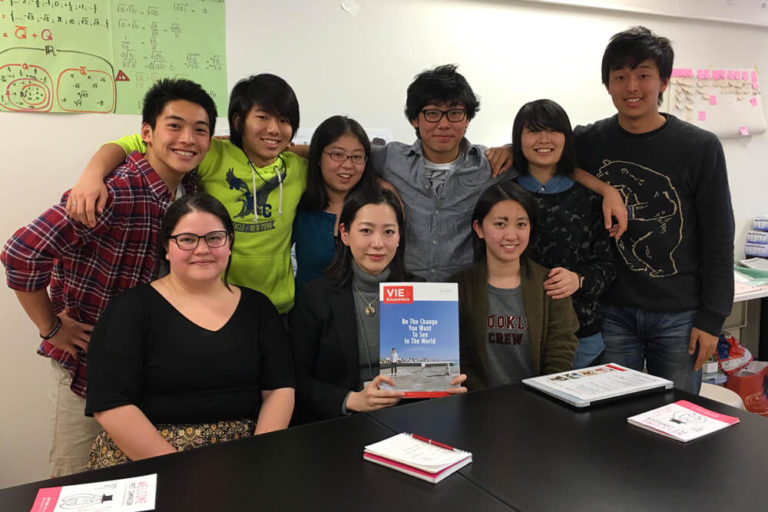On April 22, an article by Lin Kobayashi, Chair of the Board at ISAK, appeared on the Opinion page of the Asahi Shimbun, Japan’s second largest newspaper. In the article, Lin discusses the three qualities needed by young people in an increasingly global and interconnected world. Here is an English translation of the article:
—————–
My Perspective: By Lin Kobayashi
In Japan, the creation of “global human capital” is associated with fostering Japanese employees who can work on the international stage, in response to a shrinking domestic market. In the long term, such individuals will also be necessary within Japan, a country that cannot avoid internationalization for much longer.
It is estimated that Japan’s workforce will decrease by 20 million in the next 30 years. As Japan copes with an aging population, immigration policy reform is no longer a question of if but of when. What constitutes essential characteristics needed among people working among diverse values, perspectives, and cultures? I believe the three following qualities are a must.
The first of these is the ability to accept diversity. One cannot expect successful cooperation unless each party is willing to listen to and accept views that originate from a different cultural context. Innovation is only possible when such acceptance occurs mutually.
Second is the ability to identify problems. In an increasingly competitive environment, it is not enough to solve problems that are already apparent. Instead, one must ask, “What types of problems need to be solved?” and then work to come up with creative solutions.
Third is the willingness to take risks. Struggle is inevitable in any project that aims to accomplish a goal. The people who bring about change in the world are those who not only take on new challenges, but also find ways to work through the difficulties that arise along the way.
The optimal time to acquire these qualities is not in adulthood, when one already has a firm set of self. Instead, we must work with our teenagers, specifically high school students, who are aware of the world around them, capable of introspection, and flexible in their ways of thinking.
This is the goal of the International School of Asia, Karuizawa, which will open as Japan’s first full-boarding international high school in 2014. This November, the school will begin accepting applicants for the first class of students, with the enrollment mix expected to be 70% overseas students, and 30% domestic Japanese students. We are eager to bring together students from developing Asian countries―children who may have had limited academic opportunities to date yet have a fire to learn. We hope that these children, who will no doubt grow into global leaders in the future, will open the eyes of young people here in Japan.
The school will follow the International Baccalaureate curriculum, and incorporate design classes that aim to develop students’ skills in identifying issues that must be addressed. Of course, students will also take courses in leadership, and will exercise those skills by designing the rules that will shape their own community.
The main issue is financial support. We want to bring students to ISAK regardless of their families’ financial situations. At the moment, we have received generous donations enabling us to offer scholarships to 20% of the student body. We hope to grow that proportion to 50% in the future. In addition to grants and donations, we are also utilizing the Furusato Nozei tax donation system to help us reach our financial aid goals, because each student that matriculates at ISAK will be one more leader who can help Japan open its closed doors.





